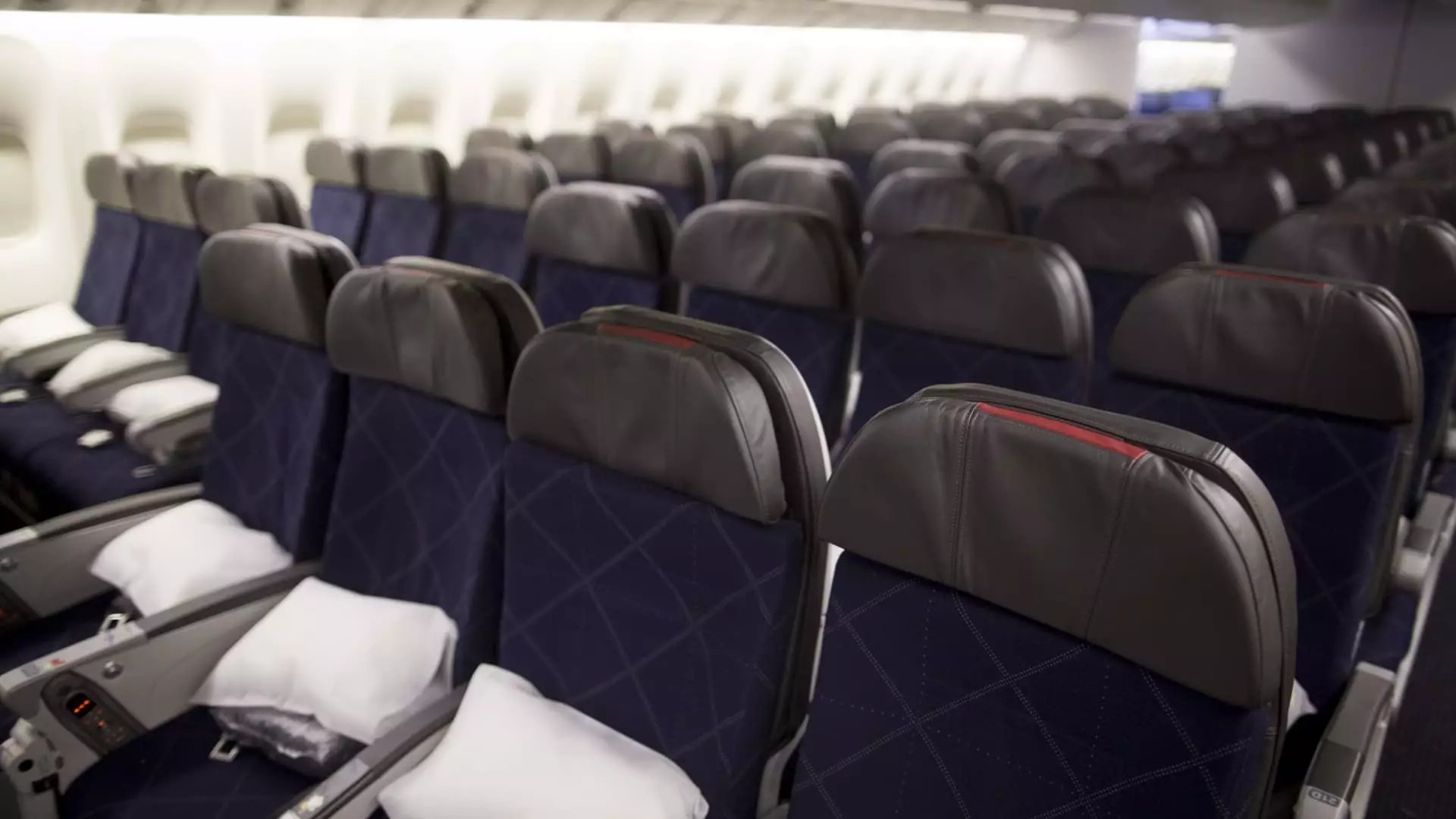As the travel industry steadily recuperates from the effects of the pandemic, U.S. airline executives are gearing up to face a significant challenge—defending their controversial seating fees in front of a Senate panel. The increasing reliance on these so-called “junk” fees has drawn scrutiny from lawmakers who are concerned about the financial implications for consumers and the overall transparency of airline pricing.
According to a recent report by the Senate Permanent Subcommittee on Investigations, major U.S. airlines, including American, Delta, United, Spirit, and Frontier, managed to generate a staggering $12.4 billion in seating fees from 2018 to 2023. These fees are associated with the selection of seats that offer added comforts, such as additional legroom or premium locations closer to the aircraft’s front. The implications of this revenue stream are notable, illuminating a shift in the aviation industry’s economic model.
In anticipation of the Senate hearing, American Airlines’ chief strategy officer, Stephen Johnson, issued a written statement emphasizing that the seating fees are voluntary. He argued that customers who wish to enjoy more desirable seating options willingly choose to pay for these added benefits. Johnson’s perspective points to a broader strategy within the airline industry to diversify service offerings; however, critics might argue that this creates an environment where essential services are increasingly commodified.
Against this backdrop, the Biden administration, alongside various lawmakers, is advocating for stricter regulations to combat these “junk” fees. Lawmakers argue that such fees obscure the true cost of flying, making it challenging for consumers to make informed financial decisions. For many travelers, the added surprise of these charges can significantly affect their overall budget and perception of value when flying.
The market dynamics have not gone unnoticed, particularly with the rise of discount airlines. Spirit and Frontier have become pioneers of the fee-based model in the U.S., which has led traditional carriers to adopt similar strategies to remain competitive. However, these moves have not been without consequences. For instance, Spirit recently filed for Chapter 11 bankruptcy primarily due to an accumulation of operational challenges, excessive competition, and evolving consumer preferences.
The outcome of this Senate hearing on airline fees could herald significant changes within the industry—whether it be through legislative action mandating transparency or a shift in how airlines communicate their pricing structures. As the discussion unfolds, it brings to light the ongoing struggle between profitability and consumer rights in an evolving travel landscape. Debates about additional charges are not merely about economics; they also touch upon the core issue of customer service and the principle of fair pricing in an industry that plays a critical role in connecting communities nationwide.


Leave a Reply